
This article is more than
1 year old
Lebanese militant group Hezbollah has carried out a large-scale attack with rockets and drones on Israeli positions in an “initial response” to a top commander’s killing.
“The number of Katyusha rockets launched until now is more than 320 … towards enemy positions,” Hezbollah said in a statement on Sunday, adding it had targeted 11 Israeli bases and barracks, including on the annexed Golan Heights.
It had earlier also said it “began an air attack with a large number of drones” targeting deep into Israel.
The Iran-backed movement has exchanged regular fire with Israel in support of its ally Hamas since the Palestinian militant group’s October 7 attack on Israel sparked the Gaza war.
But fears of full-blown conflict grew after Iran and Hezbollah vowed revenge for the killing last month, blamed on Israel, of Hamas leader Ismail Haniyeh in Tehran, and an Israeli strike that killed Fuad Shukr, a top Hezbollah commander, in south Beirut.
The Lebanese movement said its attack came in an “initial response” to Shukr’s killing.
The “first phase has ended with total success”, the group said, adding that this phase sought to “target Israeli barracks and positions to facilitate the passage of attack drones towards targets” deep inside Israel.
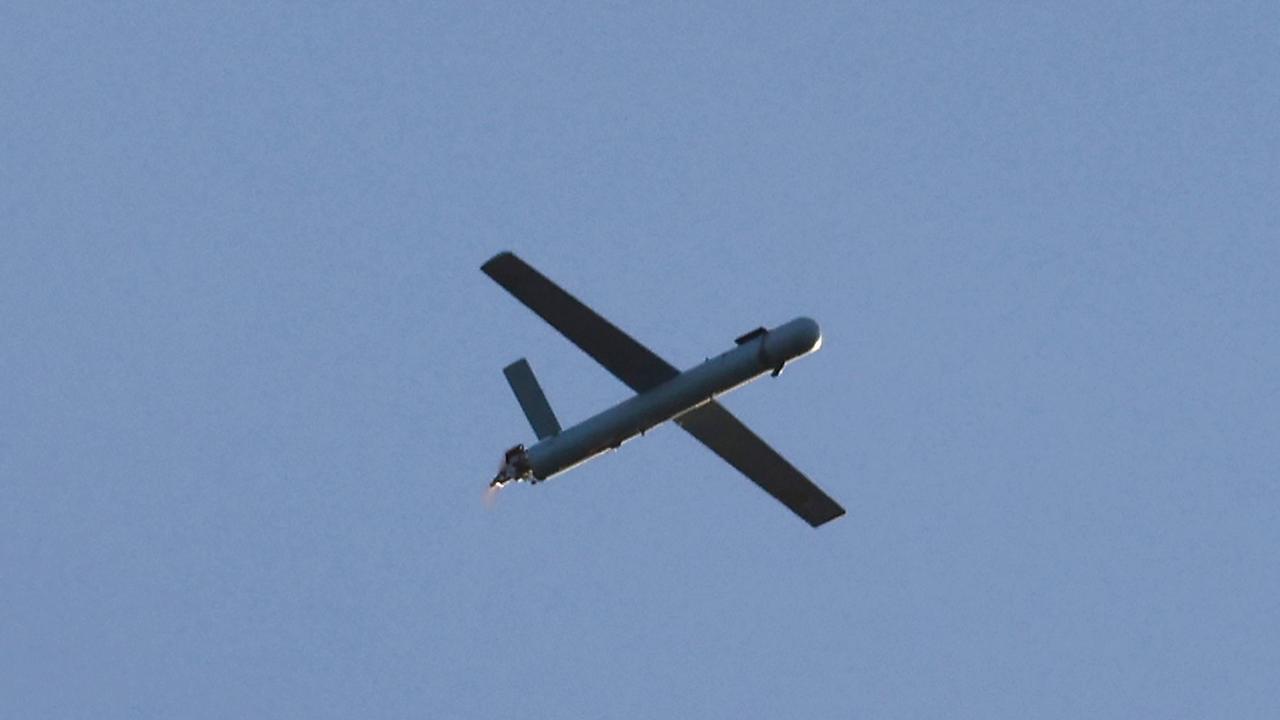
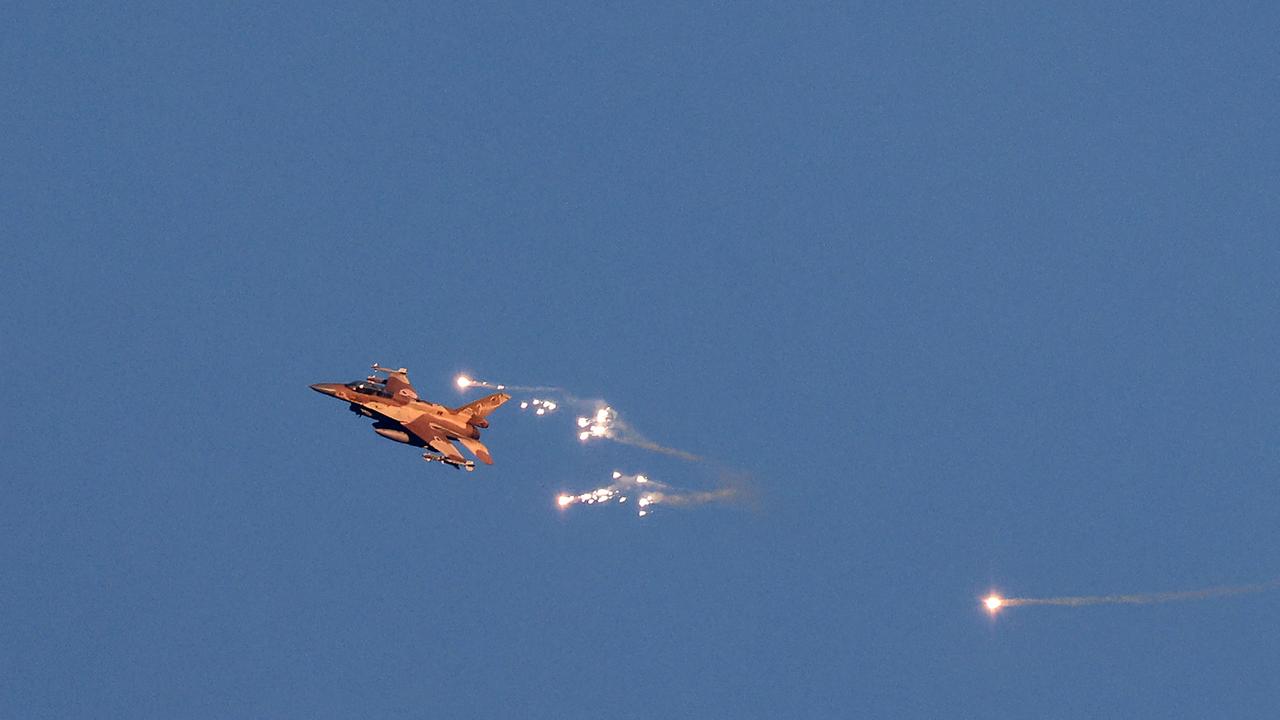
There was no immediate confirmation from the Israeli military. Hezbollah also said it was “in a high state of readiness”, adding that “if civilians are harmed, there will be very severe punishment”.
Lebanon’s official National News Agency reported Israeli strikes on a large number of locations in south Lebanon.
Reports of casualties
Lebanon’s health ministry said three people were killed in Israeli raids in the country’s south, after Israel launched strikes against Hezbollah, which announced a wide-scale attack on Israel.
An “Israeli drone strike on a car in the village of Khiam” killed one person, the health ministry said in a statement.
The Amal movement, a Hezbollah ally, later announced a fighter from Khiam had been killed.
The health ministry said that “the Israeli occupation attack on the village of Tiri” killed two people, without saying whether they were fighters or civilians.
It had earlier also reported two people including a Syrian man were wounded in “a series of Israeli raids” in the south.
Israel launched air strikes into Lebanon on Sunday, saying it had thwarted a large-scale Hezbollah attack.
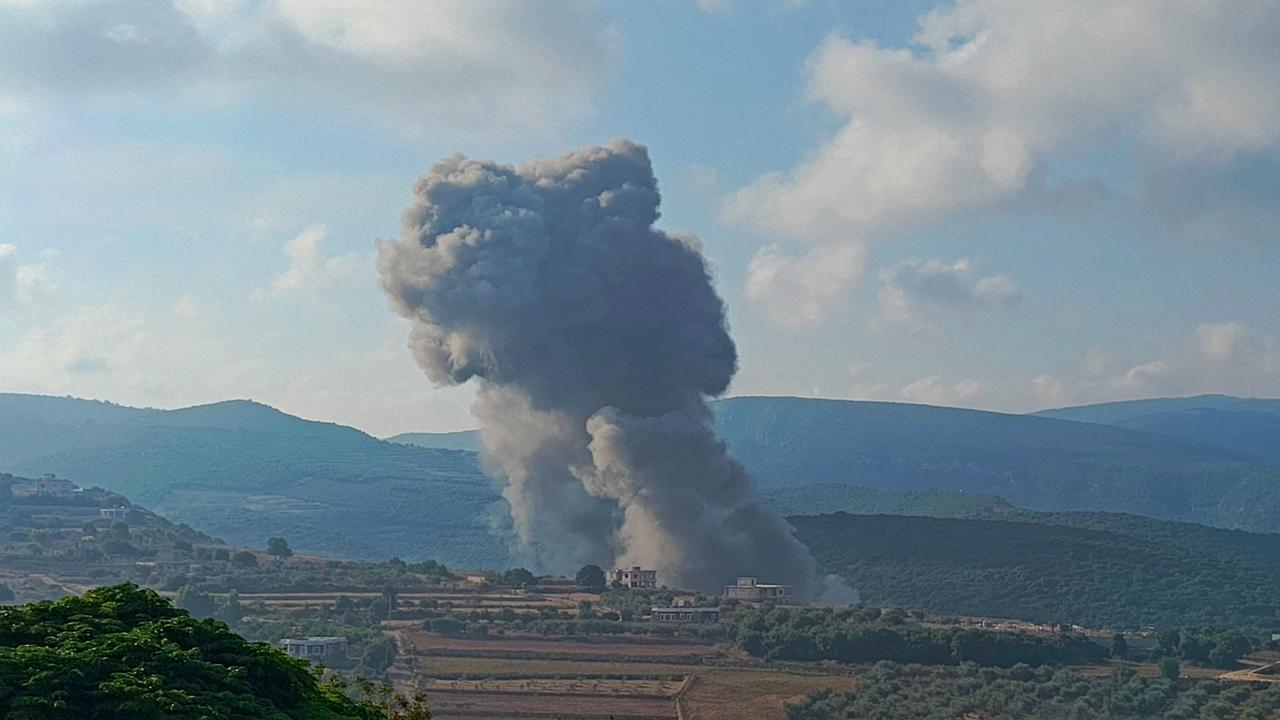
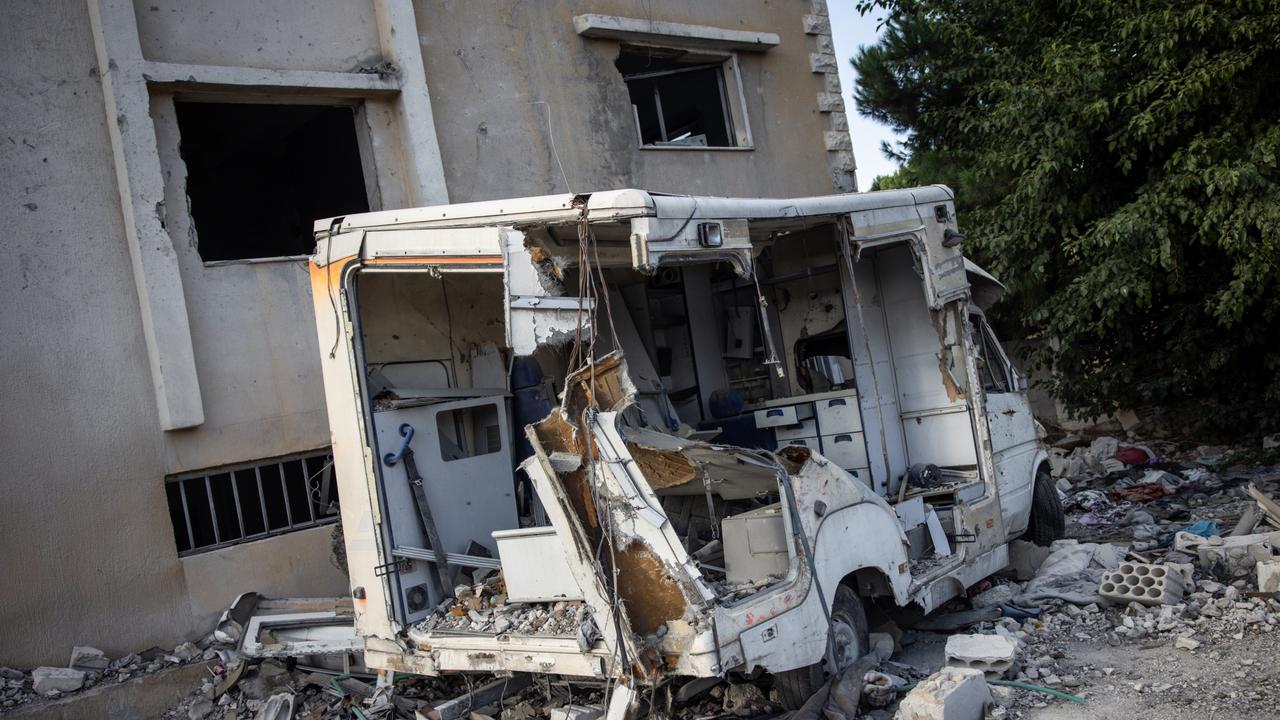
The cross-border violence since October has killed more than 600 people in Lebanon, mostly Hezbollah fighters but including at least 131 civilians, according to an AFP tally.
On the Israeli side, authorities have announced the deaths of at least 23 soldiers and 26 civilians, including in the annexed Golan Heights.
It comes as Israel launched what it called pre-emptive strikes against the group.
The military also warned Israelis to expect incoming missiles and drones launched by Hezbollah, with the government declaring a 48-hour state of emergency.
Flights impacted
Air France is suspending flights to Tel Aviv and Beirut scheduled for Sunday and Monday after Israel launched air strikes into Lebanon, the airline said.
“Flights today and tomorrow are suspended,” a spokesman for the French carrier said, adding that the suspension could be extended depending on the situation in the Middle East.
Air France, which usually runs a daily service to both cities, had already halted flights to Beirut between July 29 and August 15, but has kept flying to Tel Aviv.
Air France did not say whether its budget subsidiary Transavia, which also serves both destinations, would suspend its flights.
German airline Lufthansa on Friday extended its Beirut flight suspension to the end of September, and said it would not fly to Tel Aviv and Tehran until September 2.
Earlier, Ben Gurion International Airport announced that flights were being delayed and diverted on Sunday morning, while the country’s emergency service group said it was raising its level of alert.
Beirut’s international airport was working normally.
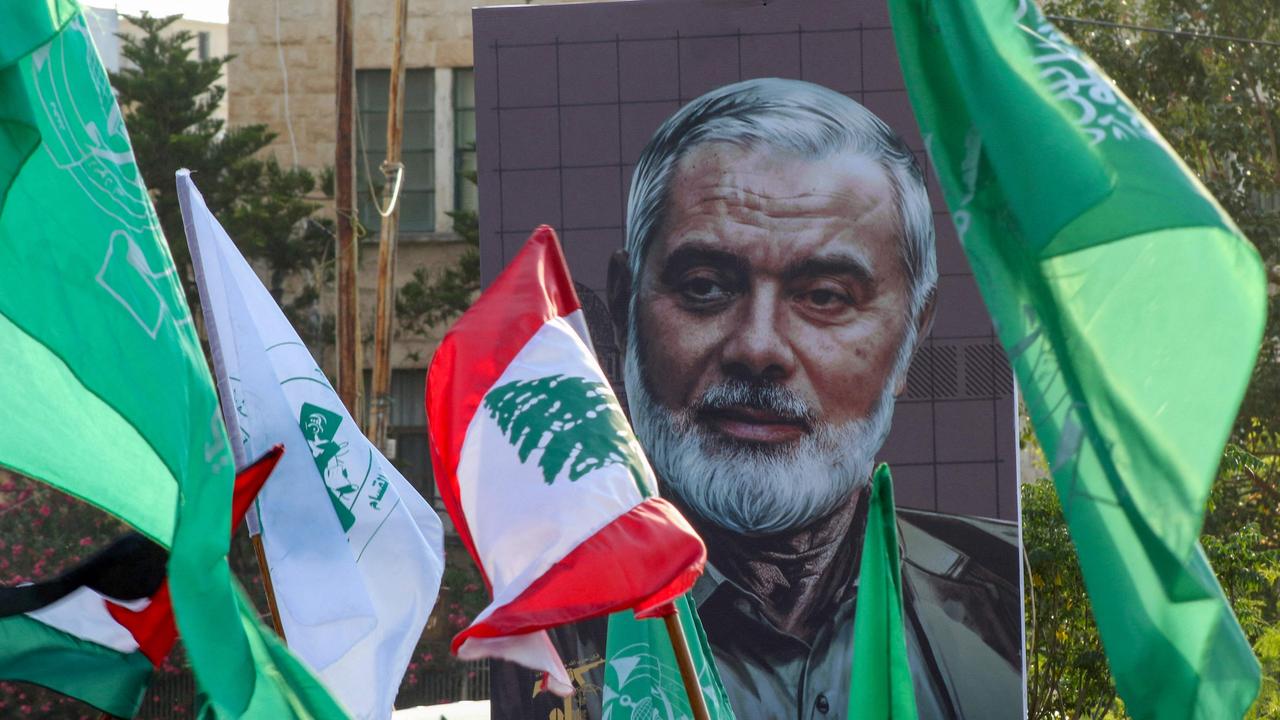
, Lebanon PM call for de-escalation
The United Nations and Lebanon’s prime minister have urged de-escalation after Israel struck Lebanon and Hezbollah said it launched attacks on Israeli positions, in a major escalation of cross-border hostilities.
The office of the UN special co-ordinator for Lebanon and the United Nations Interim Force in Lebanon (UNIFIL) “call on all to cease fire and refrain from further escalatory action”, a joint statement said, describing the latest developments as “worrying”.
“A return to the cessation of hostilities, followed by the implementation of UN Security Council resolution 1701, is the only sustainable way forward,” the statement added.
The resolution ended a 2006 conflict between Israel and Hezbollah and called for the Lebanese army and United Nations peacekeepers to be the only armed forces deployed in south Lebanon.
Lebanese Prime Minister Najib Mikati told ministers at an emergency meeting that he had been holding “a series of contacts with Lebanon’s friends to stop the escalation”.
“What is required is to stop the Israeli aggression first of all, and to apply Resolution 1701,” a statement from his office said.
Mikati also emphasised Lebanon’s “support for international efforts that could lead to a ceasefire in Gaza”, according to the statement.
Iran-backed Hezbollah has exchanged regular fire with Israel in support of its ally Hamas since the Palestinian militant group’s October 7 attack on Israel sparked the Gaza war.
Calls have mounted for the full implementation of the UN Resolution 1701 as a way of ending the current violence.
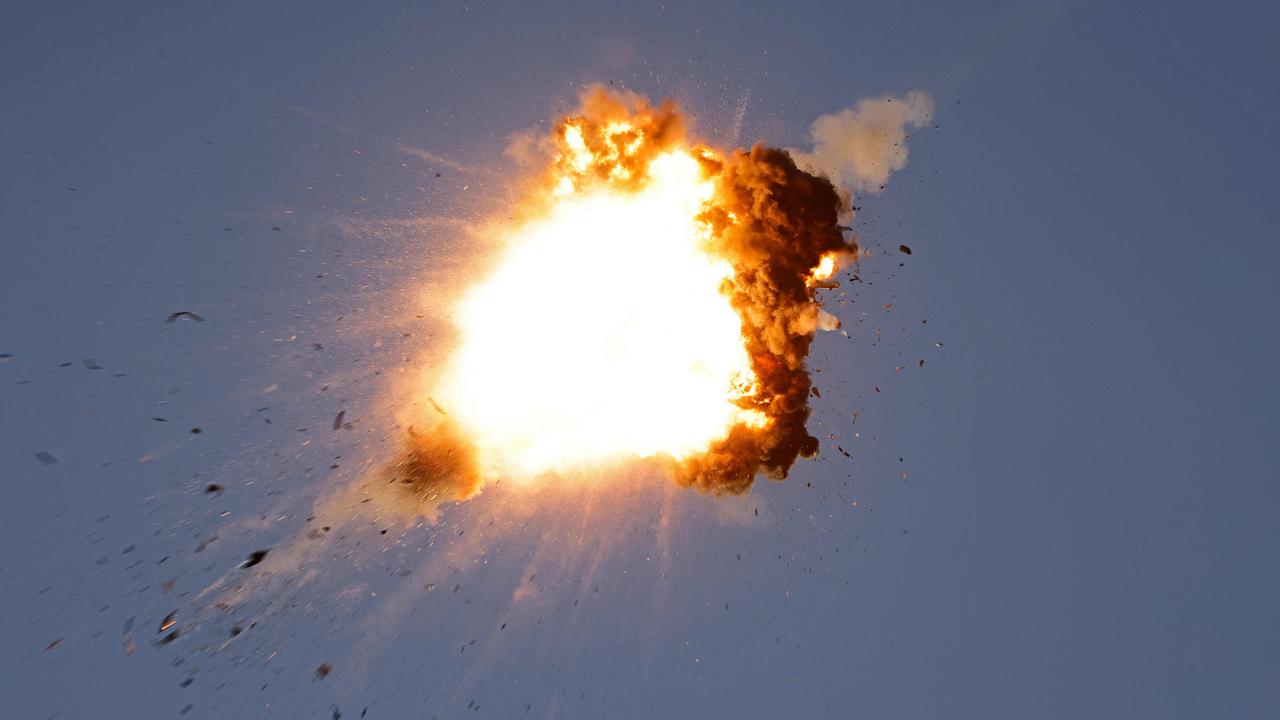
Yemen Huthis hail Hezbollah strikes
Yemen’s Iran-backed Huthi rebels praised attacks by Lebanon’s Hezbollah on Israel Sunday and renewed threats to launch their own assault in response to Israeli strikes on a port in Yemen.
“We congratulate Hezbollah and its Secretary-General on the great and courageous attack carried out by the resistance this morning against the Israeli enemy,” the Huthis said in a statement after Hezbollah said it had launched a large-scale attack with rockets and drones.
The Yemeni rebels said the “strong and effective response … confirms that the resistance is capable, strong and honest in its promise and threats.”
The Huthis pledged to launch their own attacks against Israel in response to July 20 strikes that targeted a rebel-run port in the coastal city of Hodeida.
“We reaffirm once again that the Yemeni response is definitely coming,” the statement said.
The strike on Hodeida came a day after the Huthis launched their first deadly strike on Israel — a drone attack in Tel Aviv that killed an Israeli civilian.
Israel’s response destroyed much of the port’s fuel storage capacity and killed at least nine people, according to the rebels.
The Huthis are fighting Israel as part of Iran’s so-called “axis of resistance”, which includes militant groups in Iraq, Syria and Lebanon.
Since November, the Yemeni rebels have launched a flurry of missile and drone strikes on Israel-linked shipping in the Gulf of Aden and the Red Sea.
They say the campaign that has disrupted maritime traffic in the key global trade route is intended to signal solidarity with Palestinians amid the war in the Gaza Str